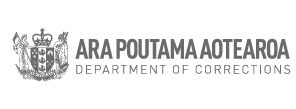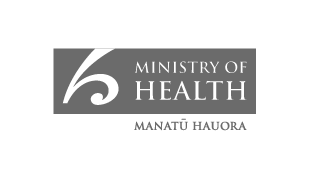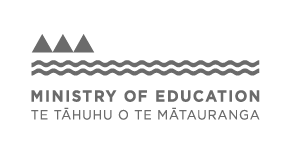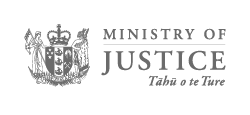On this page
Addressing family violence and sexual violence will significantly improve the wellbeing of all people in Aotearoa New Zealand.
Te Aorerekura is the National Strategy and Action Plan setting out a new collective path for government, tangata whenua, specialist sectors, and communities to eliminate family violence and sexual violence.
The Cabinet Paper approving Te Aorerekura National Strategy and Action Plan is available on the Cabinet papers and legislation page.
View other translated versions of the National Strategy and Action Plan:
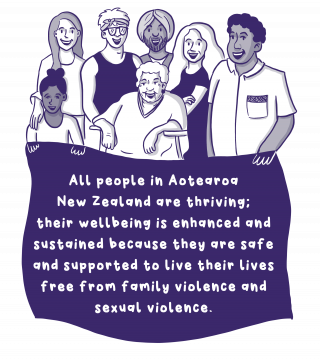 All people in Aotearoa New Zealand are thriving; their wellbeing is enhanced and sustained because they are safe and supported to live their lives free from family violence and sexual violence.
All people in Aotearoa New Zealand are thriving; their wellbeing is enhanced and sustained because they are safe and supported to live their lives free from family violence and sexual violence.
This Moemoeā or dream was created with tangata whenua, specialist sectors, and communities.
At the heart of this Moemoeā is ora – meaning to be well and thriving, to have mana enhanced and restored, to experience safety in all parts of life. Mana and ora are important parts of a person’s wellbeing, relationships and connections.
Te Aorerekura outlines 6 key changes or 'shifts' to eliminate family violence and sexual violence in Aotearoa New Zealand.
Each of the shifts in this Strategy are interconnected, and the depend on the wider changes across Aotearoa that will help address the drivers of violence.
The Action Plan outlines the specific actions government agencies and communities will carry out to achieve these shifts:
The Whanonga pono – guiding principles – help shape the way every person and organisation works as part of Te Aorerekura, and how to implement it.
Te Aorerekura draws on Te Tiriti o Waitangi, mātauranga Māori and te ao Māori values to envision a different expectation of how to achieve safety and wellbeing for all people in Aotearoa New Zealand.
Te Aorerekura incorporates these Te Tiriti o Waitangi approaches:
An ao Māori focus seeks to be inclusive of all perspectives. Māori and Pacific peoples share a special relationship or va. They are connected by whakapapa with kinship through commonalities of history, culture, oral traditions of origins. Wairuatanga is emerging as something to be considered alongside Te Tiriti o Waitangi. Wairuatanga enables iwi, hapū, whānau and Māori communities to practice ritenga (customs) framed by te ao Māori, enacted through tikanga Māori and encapsulated within mātauranga Māori.
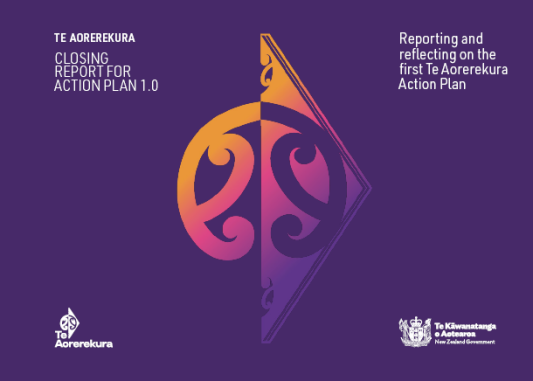
The first Action Plan was launched in December 2021 and outlines the first steps in the implementation of Te Aorerekura. The Action Plan set out 40 actions, laying foundations across six system shifts.
This closing report highlights some of our key achievements and reflections from delivering the Action Plan. It discusses the progress we have made and how we can build on this, to ensure that we continue to learn and implement Te Aorerekura as effectively as possible.
A delivery table is included as Appendix 1, and outlines what Te Puna Aonui agencies have delivered under each of the 40 actions. It also provides information on the final status of the actions, as follows:
Complete – All milestones for the action have been delivered.
Ongoing – More work is needed to deliver the action. Work will continue through individual or joint agencies’ work programmes.
The table shows 23 actions complete and 17 ongoing. The second Action Plan will build on actions that have been completed or are still ongoing, recognising that much of this work is enduring in nature.
The closing report for the first Te Aorerekura Action Plan is available here [PDF, 862 KB]
Last modified:
